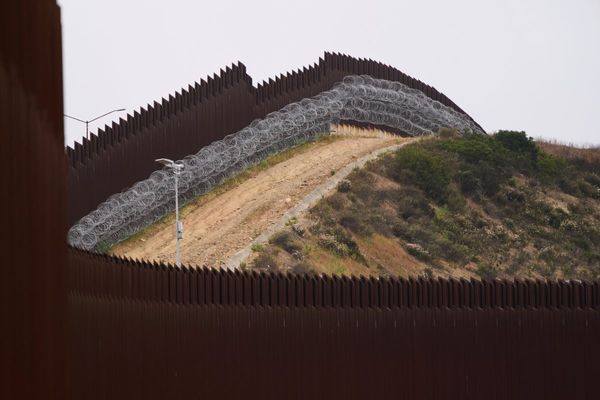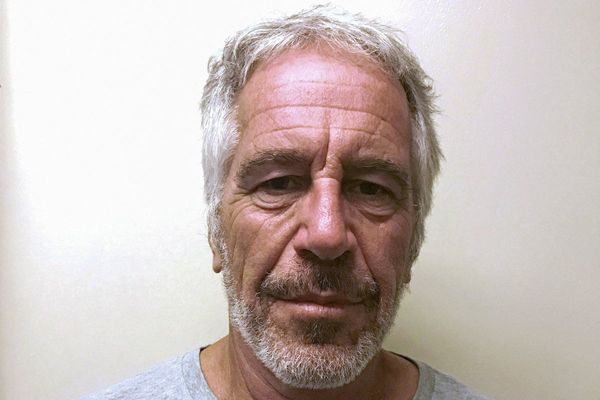
Sébastien Lecornu, a close ally of Emmanuel Macron, has been appointed prime minister, tasked with consulting France’s divided political parties to try to find a consensus on the budget.
The 39-year-old began his political career in the traditional rightwing party of Nicolas Sarkozy before moving to Macron’s centre in 2017 and is seen as fiercely loyal to the president.
His promotion from defence minister shows Macron’s determination to press on with a minority government that stands firmly behind his pro-business economic agenda, under which taxes on business and the wealthy have been cut and the retirement age raised.
However, in an unusual move in French politics, Macron’s office said the president had asked Lecornu to hold talks with all political forces in parliament to find compromises on the budget and other policies before naming his cabinet.
Lecornu started out in politics as an MP’s assistant, aged 19, and became France’s youngest ever ministerial adviser in 2008 when he worked for Bruno Le Maire. In 2015, Lecornu became the youngest-ever president of a French département, that of Eure in Normandy, after serving as mayor of his home town of Vernon.
Lecornu replaces François Bayrou, who resigned on Tuesday after losing a confidence vote.
The authorities are preparing for a day of disruption and protests ranging from road and school blockades to transport strikes. About 80,000 police and gendarmes will be deployed across France on Wednesday to monitor a day of anti-government demonstrations organised under the slogan “block everything”.
The loose protest movement began to organise at the start of the summer on social media and was later supported by the CGT union and some leftwing parties.
Protesters plan to blockade fuel depots, hold go-slow operations on roads and demonstrate in some city centres. There will be train strikes on some regional services, particularly in the Paris suburbs. High school and university students may also stage blockades and protests.
The “block everything” movement has no centralised leadership, making it hard to assess how big or disruptive the demonstrations may be.
The government is concerned they could echo the yellow vest protests of 2018, which started as an anti-fuel tax movement and became a prolonged anti-government protest organised from the ground up without a clear leader or political allegiance. Unlike the yellow vests, however, who began by demonstrating on Saturdays on roundabouts wearing hi-vis vests, the “block everything” movement does not appear to have one focus or style of protest.
A bigger day of trade union strikes will take place across France on 18 September.
Bayrou lost a confidence vote on Monday that has plunged France into government collapse and political crisis. About 11,000 protesters gathered in front of town halls across France on Monday night to celebrate his ousting with what they called “bye bye Bayrou” farewell drinks.
Lecornu is Macron’s third French prime minister in a year and his first task will be the major challenge of agreeing a budget among a divided parliament before choosing a government.
Since the French president called a snap election last year, the parliament is split between three groups – left, centre and far right – with no absolute majority. It was uncertain who as prime minister could find consensus on the budget without also facing a similar ousting.
Bayrou, 74, lasted nine months in office before being removed over his unpopular debt-reduction budget. Before him, the rightwinger Michel Barnier lasted only three months until he was ousted over the budget.
Gabriel Attal, a former prime minister and head of Macron’s centrists, told France Info radio that France was suffering from an “absolutely distressing spectacle” of instability in which “the government falls every three to six months.” He said “we have to get out of this spiral”, adding there had to be a form of compromise agreed between all the political blocs.







